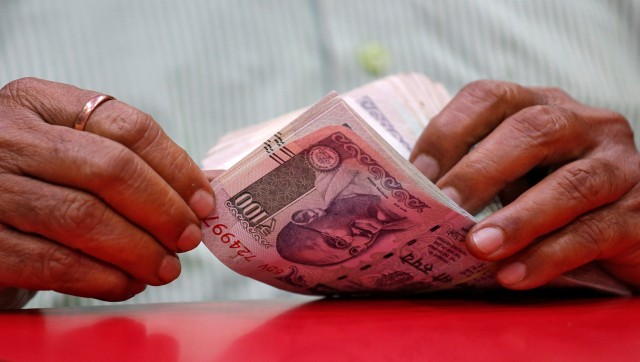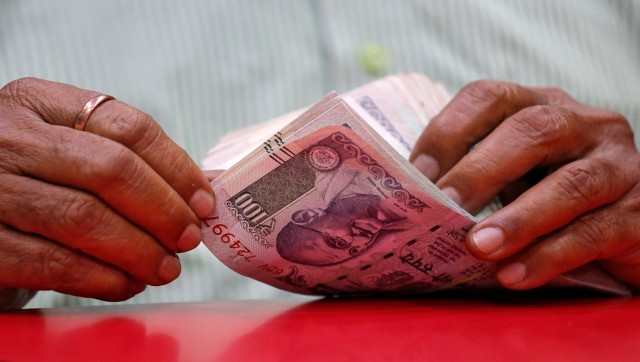By Senthil Chengalvarayan
It was in October 2001 that N R Narayana Murthy, then chairman of Infosys famously told us at CNBC TV18 that there was “Fog on the Windshield” which made it difficult for the company to predict what the future looked like. He raised his right hand in front of the camera and moved it the way a windshield wiper would to emphasise his point.
Today the view from the driver’s seat at Infosys is pretty clear, and the picture that the present CEO S D Shibulal and his team see is not a pretty one. In fact it is grim enough for them to say that they don’t expect revenues to grow at all in the next three months. The first time the company has ever forecast a quarter of No Growth. The main reason of course is the global economic uncertainty, which could see their clients not even spending their already shrunken I.T Budgets.
In the quarter just gone by the company was able to report nice bump up in rupee profits thanks to the Indian currency’s sharp depreciation against the dollar, so it was natural that the company’s CFO V. Balakrishnan was asked where he saw the rupee going in the next quarter. His answer was refreshingly candid, a nice change from the “obedient school kid” statements we’ve been getting from other Captains of industry since the Prime Minister and the Finance Minister chided them in December for stating their honest opinion. Remember we have since then had one Business Leader who not long ago worried in an open letter to the Prime Minister at the pace of policy making in Delhi, tell us a that that the Prime Minister is a blessing for India and that as it’s a new year and we needed to be more positive. And another who recently assured reporters that India’s growth would never fall below 6%!
The Infosys CFO though couldn’t afford to be politically correct about why he thought the rupee would remain weak. That laws that govern transparency on corporate outlook demand that he says it as he sees it, and even the Prime Minster’s Office can’t over rule that one, thank God.
This is what he had to say :
“For a country which is running a trade deficit for a sustainable period of time the currency cannot appreciate; it could appreciate in the short-term but in the long-term it has to depreciate.
" Secondly, in a volatile global economic environment, India is seen as an emerging market risk to that extent, the inflows could be lower.
“Thirdly, India’s growth story itself gets impacted because of the paralyzed political system we have today. So if we put all that together, the chances of rupee depreciating are higher.”
Articulating Points One and Two were what earned Industry Seniors a rebuke from the Prime Minister and the Finance Minister in December. They’ve fallen in line since then. But unless the team in Delhi show greater intent to break the “policy paralysis”, it’s going to become a familiar refrain as more and more CEOs and CFOs down the line explain to their share holders on their quarterly earnings call why the view from the drivers seat is clear and the outlook, frighteningly dim.
Senthil Chengalvarayan isPresident & Editorial Director of TV18 Business Media. Network18 owns Firstpost.
Disclosure: He holds Infosys shares, which he has had since 2000.


)




)
)
)
)
)
)